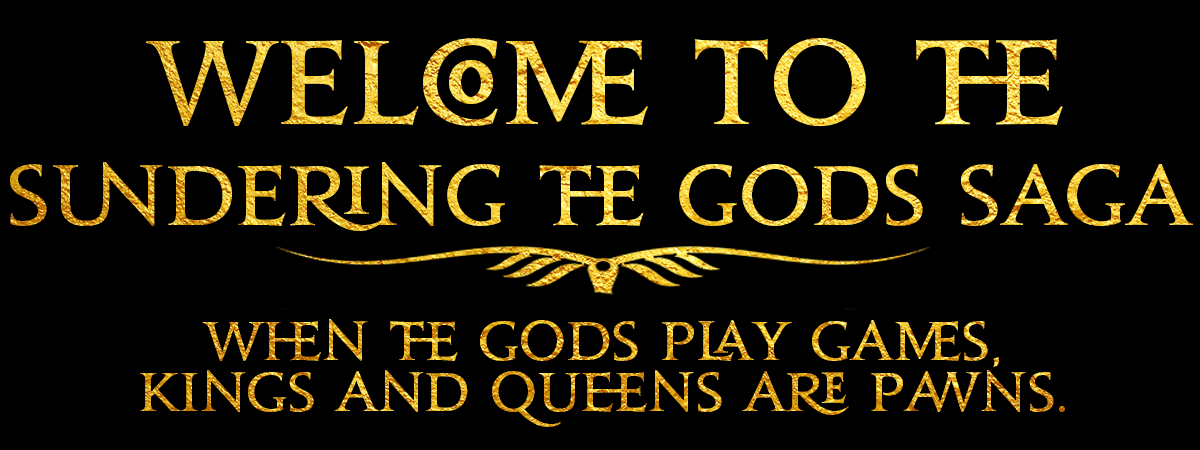Influences Part Two: The Classics
In the first post involving influences, I listed off several fantasy greats, but having been an English Lit major in a past life, I also encountered classics which to some degree or another influenced my tastes and style. Dostoyevski (primarily Crime and Punishment) immediately jumps to mind. A gent I think could write with anybody was Joseph Conrad (Heart of Darkness and Lord Jim). I also really enjoyed Jane Austen, and perhaps without knowing it, her writing style has had a subtle influence on my writing… if my memory is correct, while I also give a nod to the Bronte sisters.
But if there is a writer I consider on top of the classic heap, it’s Charles Dickens. Dude could write. And when it comes to opening lines in a novel, he was the master. Oh sure, most people have heard at least a couple of them, but here is one of my absolute favorites, maybe not the greatest, but it hits the sense of how I visualize the world:
“Dombey sat in the corner of the darkened room in the great arm-chair by the bedside, and Son lay tucked up warm in a little basket bedstead, carefully disposed on a low settee immediately in front of the fire and close to it, as if his constitution were analogous to that of a muffin, and it was essential to toast him brown while he was very new.” (Dombey and Son, 1848)
I can’t help but chuckle every time I read that. Now, on a little side note, what do I think is the greatest work of fiction in history? Now, I’m not basing this on one simple piece of criteria, such as “I loved it!” but on the fact that I love this story even when it’s told a hundred different ways. A writer must have hit on something astounding when they write a story with such lingering influence. In Epic Fantasy, you kind of have Tolkien, he essentially created a genre, but to have a story told and retold for over 175 years is remarkable. Of course, to do this requires a media other than novels: the movie. It isn’t even necessarily Dickens’ greatest work, and yet it is the most endearing, possessing qualities both timeless and essentially human, while also hitting perfect structure combined with Dickens’ uncanny ability to write and tell a story:
A Christmas Carol.
Which also has one of the greatest opening lines in the history of literature: “Marley was dead: to begin with.” Did this have an influence on my writing? Well, here’s the opening line to Eve of Snows, A Forgotten Voice:
“It will ease your worries to know you aren’t dead, but it shouldn’t.”
The basic power of the Marley opening is it gives you what is an ending: Marley is dead, and informs the reader right after that this is only the beginning. It’s a juxtaposition that hooks the mind. So, thinking on this one night, and while I had a line I liked to open Eve, I did something similar. The reader learns that they (or the character the voice is speaking to) is not dead… whew! Good news there! But, they learn they shouldn’t feel good about it, which (I hope) raises questions to hook the reader’s attention.
To borrow from mister Solo: “Great, kid. Don’t get cocky.” Just because you’re alive doesn’t mean you aren’t better off having more in common with Marley: being dead as a doornail.
